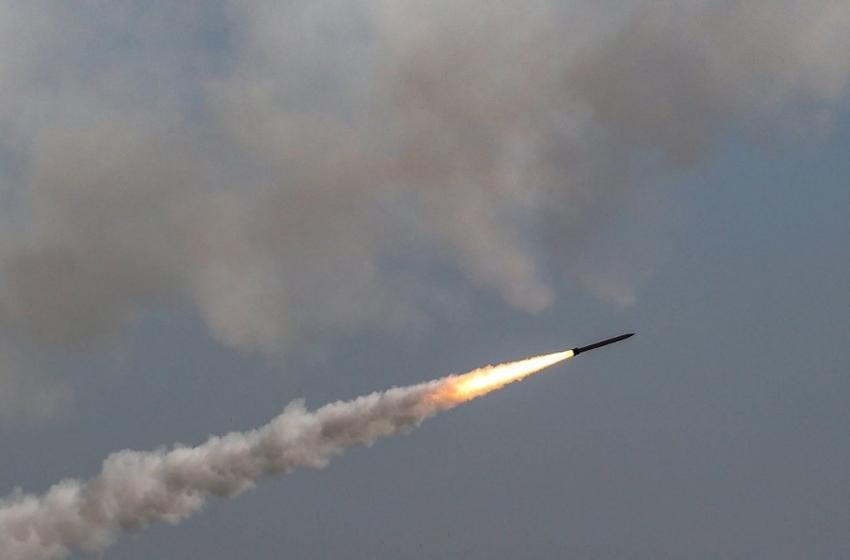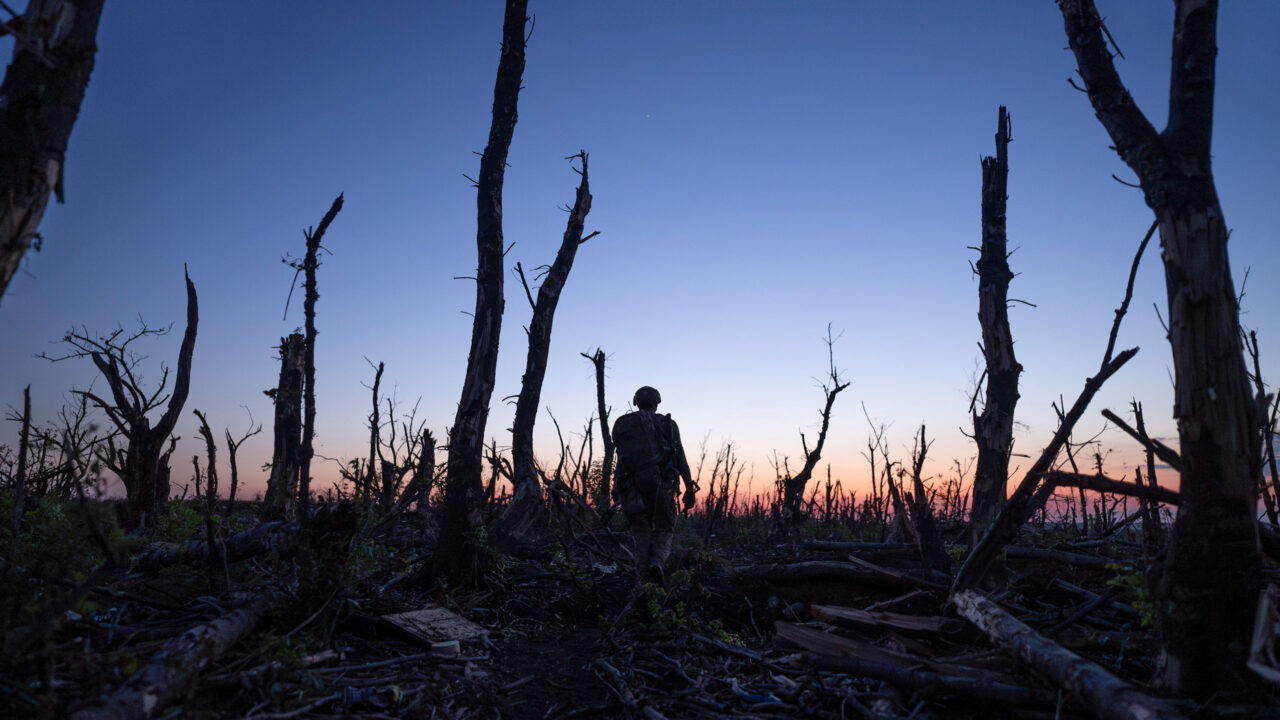The Ministers of Justice from member countries and observer countries of the Council of Europe have adopted a declaration outlining a set of principles (known as the "Riga Principles") to achieve comprehensive accountability for Russia's aggression against Ukraine and ensure compensation for all victims of the war.
According to the announcement made after the ministers' meeting in Riga on September 11th, the principles emphasize that the Damage Registry for Ukraine should have a victim-centered approach to provide legal remedies, particularly for the most vulnerable populations, such as women and children.
They also emphasize the importance of providing assistance to national authorities to facilitate the coordination of domestic efforts aimed at supporting the operation of the Damage Registry and conducting meaningful consultations with civil society and non-governmental organizations, including human rights defenders, as well as with victims and victim rights organizations.
The ministers underscore the importance of the Damage Registry as the first step in ensuring that Russia pays for the damage it has caused to Ukraine through its unlawful war.
The work of the Damage Registry, including its digital platform containing all data on claims and evidence, is intended to become the first component of a future international compensation mechanism. This will help ensure full and effective compensation for Ukraine and victims through a separate international instrument that will be developed in cooperation with Ukraine.
"All allegations of crimes, including war crimes, crimes against humanity, and genocide, committed by Russian forces in Ukraine must be fully investigated and, where justified, prosecuted at the national and international levels to hold those responsible accountable for their actions," the ministers' declaration states.
In this regard, they emphasized the importance of the warrants issued by the Prosecutor of the International Criminal Court for the arrest in connection with anticipated war crimes related to the illegal deportation and displacement of children to or from temporarily controlled or occupied territories of Ukraine.
They strongly condemned their forced detention or adoption by Russian citizens, as well as violations of their dignity and rights.
They also called on all relevant stakeholders, including international organizations continuing their work in the Russian Federation and Belarus, to actively participate in determining the current whereabouts of illegally deported and displaced Ukrainian children and provide assistance for their safe return.





















